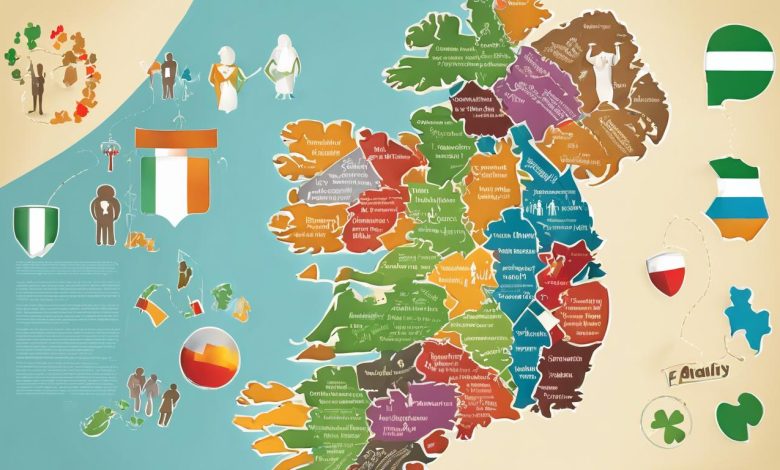Ireland rejects constitutional amendments in referenda, highlighting societal and political divisions

In a significant political event, Ireland’s proposed amendments to modernize the definition of family and recognize carers were defeated in recent referenda, sparking debates over gender equality and the economic implications of government policies.
In a recent turn of events, Ireland witnessed significant public engagement through twin referenda, where proposed amendments to the Constitution centered on family and care faced rejection. Transport Minister Eamon Ryan announced the government’s acknowledgment of this defeat, highlighting an embarrassing setback for their agenda. The amendments aimed to modernize the definition of family beyond the traditional confines of marriage and to formally recognize the role of family carers. Early indicators from vote counts pointed towards a strong leaning in favor of ‘No’ votes, with the final results awaited from Dublin Castle.
The referendum has stirred debates over gender equality and the dynamics of family in contemporary Irish society, against the backdrop of the country’s traditionally Catholic influence. Despite varying voter turnout, with some areas reporting as low as 30%, the prevailing sentiment appeared to reject the government’s proposed constitutional changes. Critics, including Senator Michael McDowell from Lawyers For No, labeled the government’s attempt as “unwise social experimentation,” while Labour leader Ivana Bacik critiqued the campaign’s strategy and message delivery.
In a separate but related context, Transport Minister Eamon Ryan found himself at odds with Ryanair’s CEO, Michael O’Leary, over the imposition of a passenger cap at Dublin Airport. O’Leary accused Ryan of adversely affecting Ireland’s tourism sector and implied that this decision was counterproductive for the economy, including potential job losses in aviation. Despite disagreements, both parties expressed a shared interest in pursuing sustainable aviation fuels, indicating some common ground amidst the contention.
These developments spotlight the complex intersection of governance, societal values, and economic considerations in shaping Ireland’s future. As the country awaits the final declaration from the recent referenda, the dialogue surrounding these issues remains vibrant and indicative of the diverse perspectives within Irish society.








